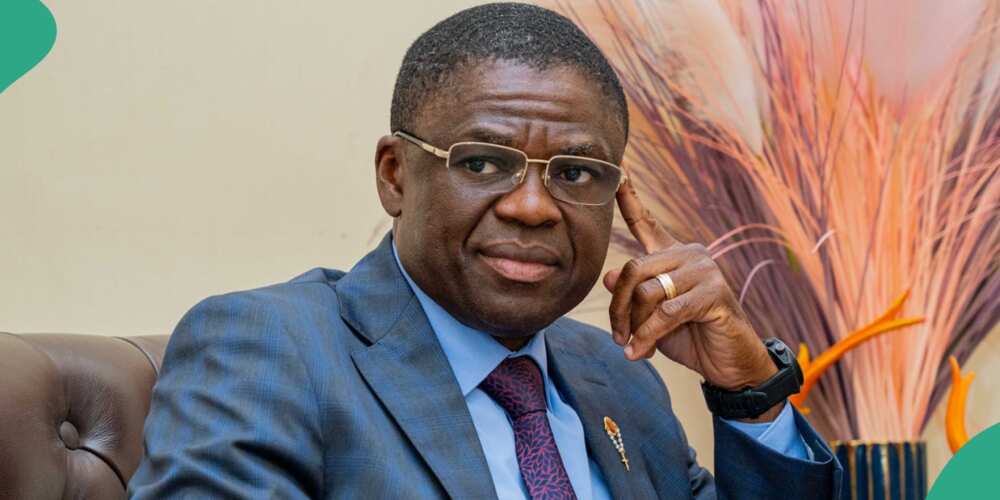The National Institute for Sports (NIS) is poised for a significant transformation, marked by the inauguration of a 32-member advisory committee. This strategic move, spearheaded by Director General Philip Shaibu, aims to revitalize the institution and elevate it to global standards. The committee, comprising prominent figures from diverse fields including sports, academia, corporate leadership, and media, is tasked with developing a comprehensive roadmap for the NIS’s future, aligning with President Bola Tinubu’s Renewed Hope Agenda, which prioritizes youth empowerment and institutional excellence. The official inauguration is scheduled for Monday, July 21st, at the Awoture Eleyae Conference Hall within the National Stadium complex in Lagos.
The composition of the advisory committee reflects a deliberate effort to assemble a diverse range of expertise and experience. Leading the charge in the sporting arena are individuals like Musa Ahmadu-Kida, Chairman of NNPC Ltd and president of the Nigeria Basketball Federation, and Mike Itemuagbor, CEO of Padmozi Sports International, bringing their extensive knowledge of sports administration and business acumen to the table. The committee also benefits from the academic prowess of renowned sports scientist, Professor Ken Anugweje, and Dr. Kweku Tandoh, ensuring a scientifically grounded approach to the institute’s development.
Further strengthening the committee’s sporting credentials are accomplished athletes like Mary Onyali, a two-time Olympic medalist, Yusuf Ali, former African long jump champion, and Austin Eguavoen, a former Super Eagles coach. Their practical experience and deep understanding of the demands of high-performance sports will provide invaluable insights into shaping the future direction of the NIS. The inclusion of Dr. Alex Mana, a retired referee, adds another layer of expertise, covering the crucial aspect of officiating and sports regulations.
The academic representation on the committee extends beyond sports science, incorporating diverse disciplines to ensure a holistic approach to the NIS’s transformation. Professors Florence Adeyanju, Clement Fasan, Raimi Moronfolu, and Sadiq Abdulahi bring their extensive academic backgrounds and research expertise to the table, contributing to a well-rounded perspective on the institute’s development. This multi-faceted approach underscores the commitment to creating a world-class institution that addresses all aspects of sports development and management.
The Registrar of NIS, Beldmond Benson, has outlined the committee’s core mandate: to formulate a comprehensive repositioning strategy that will propel the NIS to the forefront of global sports institutes. This involves not only enhancing the institute’s academic and training programs but also modernizing its infrastructure and establishing robust partnerships with international sporting bodies. The committee’s recommendations will serve as a blueprint for the NIS’s transformation, ensuring its relevance and effectiveness in the evolving landscape of sports education and training.
The revitalization of the NIS holds significant implications for the development of sports in Nigeria. By fostering a world-class institution, the country can nurture a new generation of athletes, coaches, and sports administrators equipped with the skills and knowledge to excel on the global stage. This initiative aligns perfectly with the Renewed Hope Agenda’s focus on youth empowerment, recognizing the transformative power of sports in shaping individuals and communities. The NIS, under this new vision, is poised to become a hub for innovation and excellence in sports, driving the nation’s sporting ambitions to new heights.


